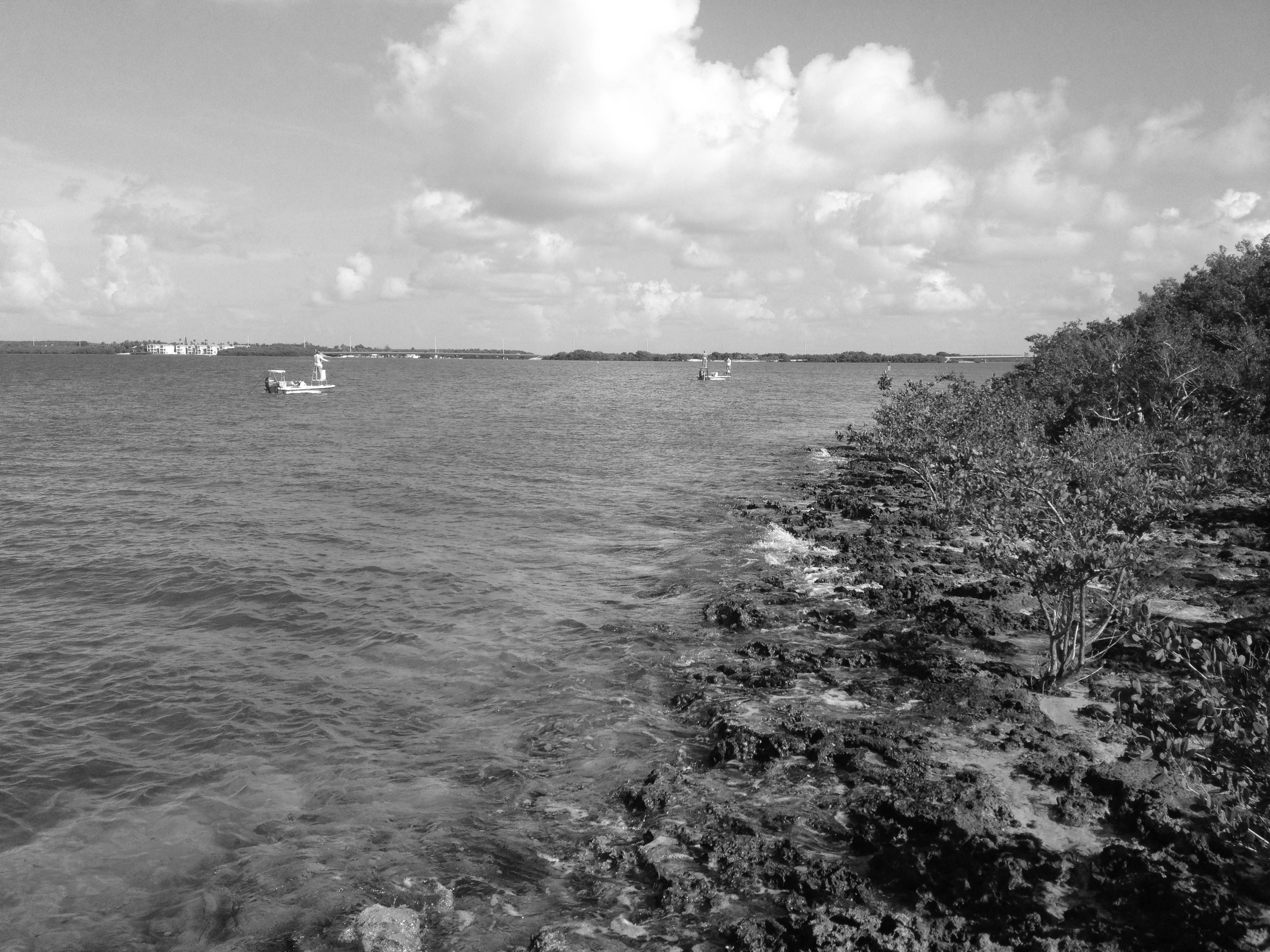On the drive down US-1 from Miami to Key West, there are several small islands, less than a mile offshore, which appear uninhabited. One of these is Indian Key, unreachable except by boat, which I visited last summer. The island actually is uninhabited with a history as tragic as it is rich. A history that was shared with me by our ship captain in the evenings as we sailed the Keys.
In 1830, John Jacob Housman, a wrecker from Key West, purchased the small general store on Indian Key and set up his business: Salvaging ships that run aground on the nearby rocks of Alligator Reef, which was at the edge of a major trade route between the Mississippi River and the Eastern Seaboard.
Capitalizing on his location, Housman became the richest man in Florida. He also raised turtles and fished from Indian Key.
At its height, Indian Key had a large resort hotel, several mansions, a post office, a blacksmith shop, and a warehouse to store the spoils salvaged from wrecks. Housman’s success and political moves, such as making Indian Key the county seat of Dade County and becoming untouchable by the law (and the tax collectors) of Key West, alienated him and left him with many enemies.
Early in the morning of August 7, 1840, Seminole raiders attacked the island burning most of the buildings and killing 13 of the 60 permanent residents.
At the time, Housman’s wealth had diminished and he mortgaged the island to the Army, which had a base on nearby Tea Table Key. Housman signed over the title to Indian Key the day after the attack.
Returning to Key West, bankrupt and humiliated, Housman took a job on a wrecking vessel to support his wife and children.
On May 1, 1841, less than a year after the attack, at the age of 41, he slipped between two ships on a wrecking mission and was killed. His wife returned his body to Indian Key where he was interred in a shallow grave, shallow because it was nearly impossible to dig in the fossilized coral that makes up the keys.
That winter, a storm came and swept his body out of the shallow grave and into the Atlantic. A permanent memorial, established some years since, bears the epitaph “sic transit Gloria mundi,” literally “thus passes the glory of the earth,” and I found it apropos.
After Housman’s death, the Army continued to use the base until 1870, when it was abandoned. Now maintained by the Florida Parks Service, the island is completely uninhabited.
Coming home from Florida, I found myself thinking about Housman’s legacy as a man who built an empire and saw it crumble before his eyes. I wondered if he mourned the loss of his work. I think he did not.
We all live our own little dramas, each with their waves of conflict and resolution. In addition, we see every wave as its own tsunami, unlike anything before or since.
I find myself fretting over test scores and GPAs and colleges, and I struggle to remember that these problems are not unique to me, or of a greater magnitude than anything else in my life. All that we build is broken and rebuilt and broken again, and coming to terms with the swell of life is as comforting as listening to the waves lap the stone beaches of Indian Key.
